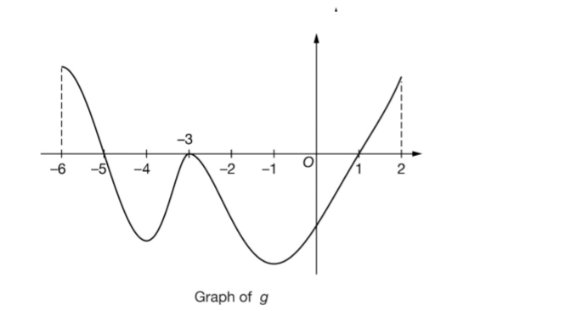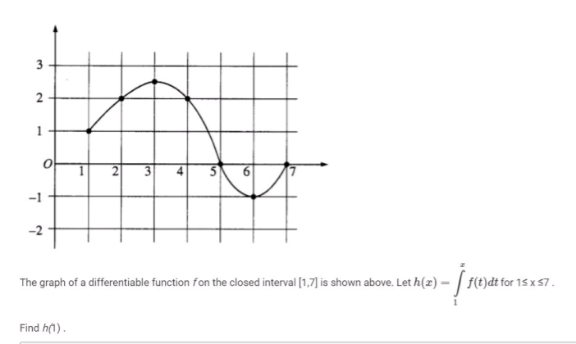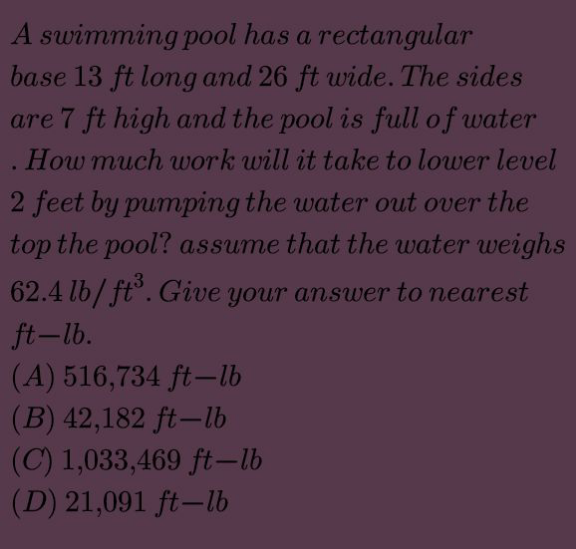
Question and Answers Forum
IntegrationQuestion and Answers: Page 114








Pg 109 Pg 110 Pg 111 Pg 112 Pg 113 Pg 114 Pg 115 Pg 116 Pg 117 Pg 118
|
Question and Answers Forum |
IntegrationQuestion and Answers: Page 114 |
| let f(x)= e^(−2x) actan (3x+1) 1)calculste f^((n)) (x) and f^((n)) (0) 2) if f(x)=Σ a_n x^n determine the sequence a_n 3) calculate ∫_0 ^∞ f(x)dx |
| closed formula .... ∫_0 ^( 1) ((x^n ln(x))/(1+x))dx =? |

|

|

|
| Show that:: Ω = ∫_0 ^( 1) ((Li_2 (x)log(x))/(1+x))dx = −(3/(16))ζ(4) Goodluck |
| ∫ (dx/((x−1)(√(x^2 −2x)))) ? |

|
| Find the Riemann sum for the given function with the specified number of intervals using left endpoints f(x)= 4ln x+2x ; 1≤x≤4 n=7 . Round your answer to two decimal places ? |

|
| ∫ cot x ln (sin x) dx ? |
| ∫_1 ^3 x^(2x) (1+ln x) dx =? |

|
| ...advanced calculus... evaluate ::: Ω=^(???) ∫_0 ^( ∞) cos(x^2 )ln(x)dx ::::::::: |
| ∫_0 ^∞ ∫_0 ^∞ ∫_0 ^∞ ∫_0 ^∞ ((dx dy dz dt)/((cosh(x)+cosh(y)+cosh(z)+cosh(t))^4 )) =((7ζ(3)−6)/(12)) |
| ∫_0 ^( ∞) ((xln(1+x))/(1+x^4 ))dx |
| ∫ (dx/(2+x+(√(1−x^2 )))) ? |
| ∫ (dx/(tan^4 x+1)) ? |
| ∫ ((sin x cos x)/((1+(√(sin 2x)))^3 )) dx |
| ∫ ((tan^3 x)/( (√(sec x)))) dx ? |

|

|
| Given f(x)=f(x+2) ∀x∈R if ∫_0 ^2 f(x)dx=k then ∫_0 ^(1010) f(x+2a)dx ? for a∈Z |
| I=∫((cos 2x)/(1+cos^2 x))dx =? please help |
| .... INTEGRAL... prove that : ∫_0 ^( ∞) x^3 {ln(1+e^x ) −x}dx=((45)/8) ζ( 5 ) |
| ∫x^7 (√(1−x^3 ))dx=? |
Pg 109 Pg 110 Pg 111 Pg 112 Pg 113 Pg 114 Pg 115 Pg 116 Pg 117 Pg 118 |